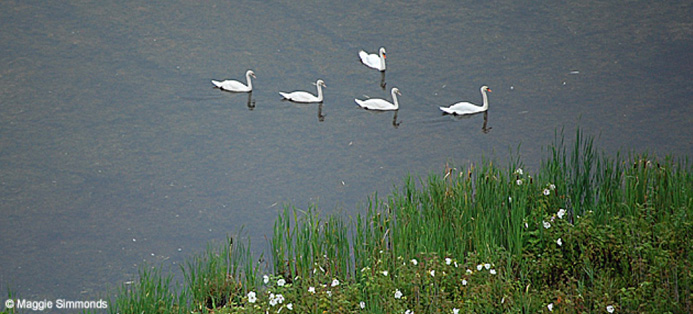Water Quality

The New Jersey coast is an important natural and economic resource, providing recreation, port commerce, and tourism. It is also home to a vast and vital marine ecosystem that provides a habitat for precious aquatic and wetland life. However, like other coastal states, New Jersey is facing new challenges in keeping these valuable resources in a favorable condition for the future. Urban development, suburban sprawl, agriculture, and other modified land uses will continue to be major contributors to waterway degradation in New Jersey unless comprehensive action is taken to address their impacts. Best management practices for watershed are currently being implemented in upland watersheds and coastal zones, which will ultimately have a beneficial impact on receiving bays, estuaries, and oceans.
The Extension Program has partnered with the Rutgers Cooperative Extension (RCE) Water Resources Program to improve coastal ecosystem health. The Water Resource Agents are committed to providing solutions for many of the water quality and quantity issues facing New Jersey today. Solutions are attained through research, project development, assessment, and extension efforts. The Agent focuses on stormwater management planning and engineering, onsite wastewater treatment system management, total maximum daily load development and implementation, and watershed management.
Municipal Stormwater Management
Stormwater is created when water from rain or snowmelt events travels over land and impervious surfaces into surface water without being absorbed into the ground. As the water flows over these surfaces, pollutants from oil, fertilizers, trash, animal waste, soil, and pesticides accumulate in the water, ultimately polluting local water bodies.
Stormwater Management In Your Backyard
Stormwater Management in Your Backyard is an education program that builds upon the existing capacity of the Rutgers Cooperative Extension (RCE) system to deliver stormwater management education to local communities.